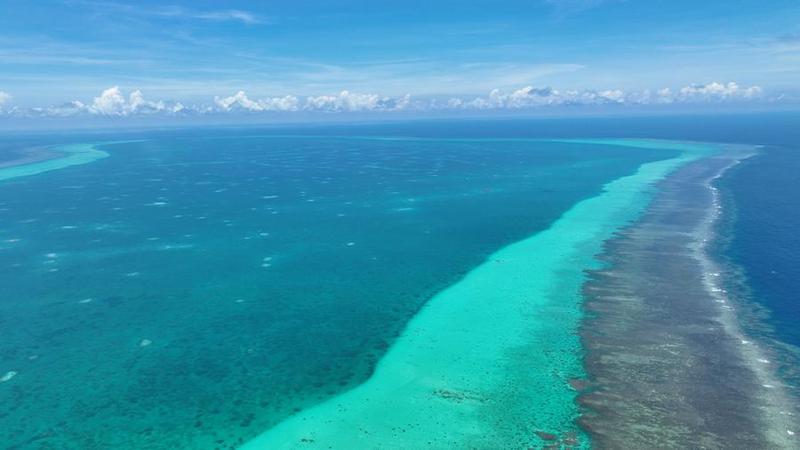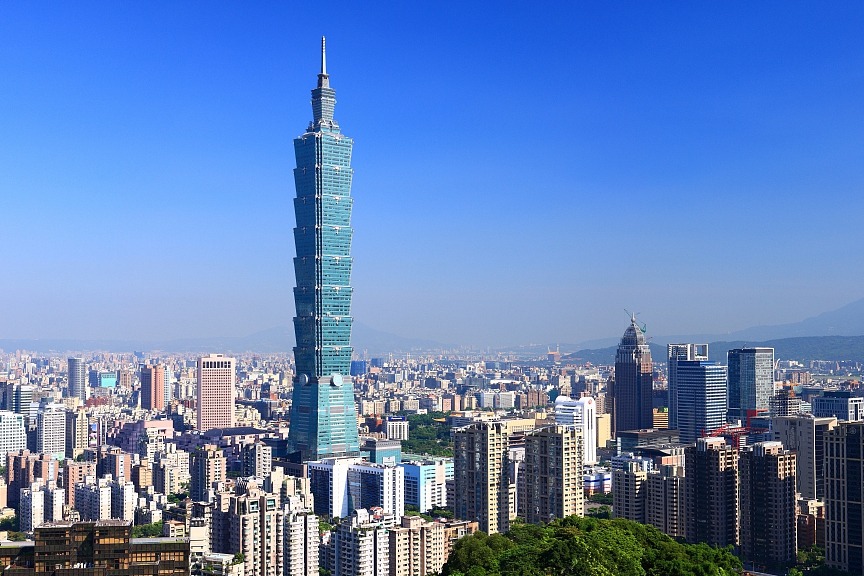Bid to sabotage South China Sea consensus shows Manila an irresponsible actor in region: China Daily editorial


The series of Association of Southeast Asian Nations foreign ministers' meetings that concluded in Kuala Lumpur last week reconfirmed the regional consensus on resolving differences through consultations. So there can be no quibbling about which party is the bad apple in the basket threatening regional peace and stability.
On Tuesday, a Philippine Coast Guard ship sailed into the waters near China's Huangyan Island and carried out a series of extremely dangerous and provocative moves, cutting through China Coast Guard ships' sailing routes at high speed multiple times. These unprofessional and reckless maneuvers seriously threatened the safety of the Chinese ships.
Unlike previous incidents where the Philippines portrayed itself as a "victim", this time its actions were clearly aggressive. Manila appeared to stage this provocation after failing to rally ASEAN support in Kuala Lumpur and in alignment with US geopolitical objectives in the South China Sea.
It should not be forgotten that during his visit to Beijing in January 2023, President Ferdinand Marcos of the Philippines pledged to work with China to unlock the potential of the bilateral relationship. China is the strongest partner of the Philippines, and nothing can hold back the continuation and development of the Philippines-China friendship, Marcos said at the time.
He confirmed the Philippines' commitment to the one-China policy, and said Manila was willing to continue to properly handle the maritime issues with China through friendly consultation.
But after China took concrete actions to fulfill its part to translate the outcomes of Marcos' visit into projects in various fields, the Marcos government took a U-turn embracing a one-sided pro-US policy. Since then, Manila has been ceaselessly hyping up the maritime disputes with China and using them to define bilateral relations as a whole, while also trying to persuade regional countries to join its anti-China circus sponsored by Washington.
The Marcos government feels no qualms about trying to derail the consensus of the Kuala Lumpur meetings by making a big splash of "commemorating" the ninth anniversary of the null and void "arbitral award" on its maritime claims. That is a telling sign of its desperation to keep itself to the fore in its patrons' eyes.
That the Philippines was not among the six ASEAN countries that the US president sent "you-owe-us" letters early last week threatening them with higher tariffs after Aug 1 so as to press them to make concessions in trade talks, seems to have prompted Manila to thrust its chest out.
So giving the US Navy a green light on Wednesday to construct two facilities for the repair and maintenance of military boats at Oyster Bay and Quezon town in western Palawan province facing the South China Sea, the closest points to China's Ren'ai Reef, seems like a thank-you note to the US before Marcos' planned visit to the US from Sunday to Tuesday.
Among the proposed topics for discussion during his visit is strengthening "peace through deterrence", Philippine Ambassador to the US Jose Manuel Romualdez told the media. That echoed US Defense Secretary Pete Hegseth's remarks about the US military's plan to ratchet up deterrence against what he falsely called China's "increasingly assertive actions" in the region.
Although the US has no territorial claims in the waters, it has repeatedly stated that it is obligated to defend the Philippines citing the two countries' "bilateral security treaty".
As a Chinese military spokesperson warned, the Philippines should realize that its reliance on foreign support to make trouble in the South China Sea will backfire. On the pretext of honoring its alliance with the Philippines, the US is doing nothing but meddling in the South China Sea issue and attempting to threaten and coerce China.
Regional countries should be on the alert as Manila and Washington are always causing frictions with their collusion. Compared with other strategic waterways in the world, the South China Sea remains stable despite the intention of the US to make it otherwise. There are no problems with freedom of navigation and overflight. So peace, stability, and cooperation should be the mainstream narrative regarding the waters, as China's foreign minister said in Kuala Lumpur.
The Marcos government should give up its illusions and come back to the right track of dialogue and negotiation as soon as possible. The price of renewing its anti-China contract with the US might be more than "one pound of flesh".




































